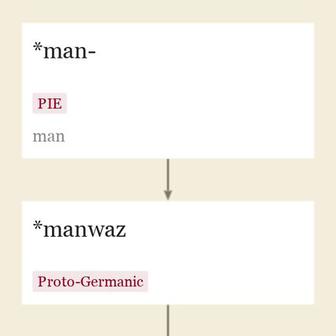lineman n.
1858, worker on telegraph (later telephone) lines, from line (n.) + man (n.). U.S. football sense is from 1894.
Entries linking to lineman
a Middle English merger of Old English line "
The earliest sense in Middle English was "
Sense of "
Meaning "
Commercial meaning "
Meaning "
In British army, the Line (1802) is the regular, numbered troops, as distinguished from guards, auxiliaries, militia, etc. In the Navy (1704) it refers to the battle line (the sense in ship of the line, which is attested from 1706).
Dutch lijn, Old High German lina, German Leine, Old Norse lina "
To get a line on "

"
Sometimes connected to root *men- (1) "
Specific sense of "
Man also was in Old English as an indefinite pronoun, "
As "
Man-about-town "
So I am as he that seythe, 'Come hyddr John, my man.' [1473]
MANTRAP, a woman's commodity. [Grose, "Dictionary of the Vulgar Tongue," London, 1785]
At the kinges court, my brother, Ech man for himself. [Chaucer, "Knight's Tale," c. 1386]
updated on July 23, 2016